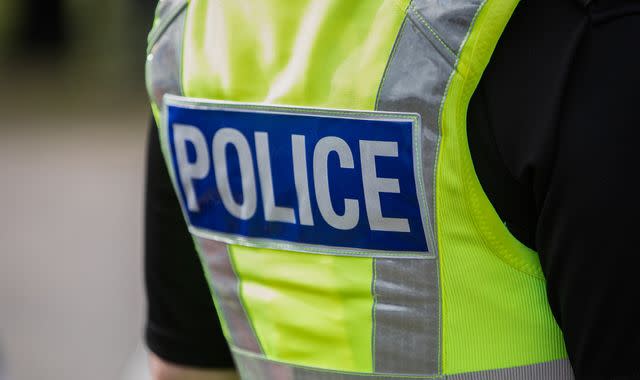More than 550 suspected child predators arrested in last year by Grooming Gangs Taskforce

More than 550 suspected child predators have been arrested with help from a specialist grooming gangs unit, according to the Home Office.
In its first 12 months, the Grooming Gangs Taskforce has also helped to protect more than 4,000 victims from sexual exploitation since it was set up in April last year.
The unit, led by the National Police Chiefs' Council, is made up of specialist officers working with all 43 police forces in England and Wales.
James Cleverly, the home secretary, said he is "pleased" with results from the team's first year, but said "we must do more".
"Where a child is being abused, we must do everything in our power to protect them and pursue the perpetrators until they are behind bars," he said.
The Criminal Justice Bill is "better protecting children", he added, by requiring all professionals to report fears of abuse to police and banning sex offenders from changing their names.
More than 400 officers across the country have now been specially trained by the taskforce, with more set to be mobilised over the coming months to root out child sex offenders.
Supported by the National Crime Agency, the unit is staffed by experienced officers and data analysts to improve how police investigate grooming gangs and identify children from abuse.
Mark Russell, chief executive of The Children's Society, said "there's always more we can do".
"What we need to do is ensure children have safe spaces where they can receive the support they need," he said. "They've all experienced truly horrendous things."
There is a "joined-upness" between charities like The Children's Society, the police, the Home Office and other organisations in the sector, he added.
Read more:
Alleged victim of grooming gangs still 'begging for justice'
Children left 'at mercy' of Rochdale grooming gangs
The chief executive of the National Association for People Abused in Childhood, Gabrielle Shaw, said the taskforce's work is informed by the group's research into what victims want.
"This research shows that for a large proportion of survivors, a positive outcome does not necessarily equate to a criminal conviction," she added.
"Many want to feel heard and believed, to stand up and be counted without entering the court process and without fearing judgment or re-traumatisation."

 Yahoo News
Yahoo News 
